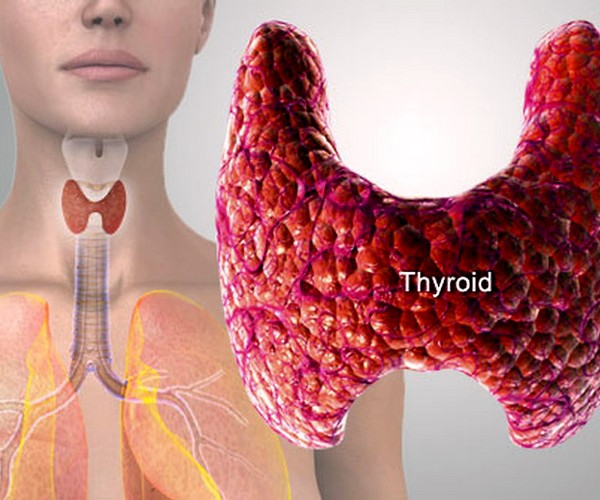That repeated drastic diets are bad for your health, and not just your physical health, is a well-known concept and widely reiterated by doctors and nutritionists, although not always given due consideration by message recipients. That is, by people with a few or many extra pounds who would like to improve their fitness and appearance.
The reason is quickly stated: if the overweight is detrimental because it increases the cardiovascular risk, the general inflammatory state, and the risk of developing hormonal disorders and some cancers (such as colorectal and breast cancer in women), slimming down too quickly imposes considerable metabolic stress on the body, which does not make things much better.
If, then, after the weight loss initial failure to maintain the result (as is the case in most cases, if you are not followed by a nutritionist/dietologist), the effect is even worse because you will be back in the initial risk category on the clinical level and you will accumulate more adipose tissue than muscle mass (partly lost along with the fat mass during slimming).
Past studies had already warned that the yo-yo effect is detrimental to overweight or obese people with cardiovascular disease, who can benefit greatly from a weight loss of at least 5-10% of their initial weight, but only if maintained over the long term.
New data from a Korean study involving 3,678 men and women who underwent body weight monitoring and medical evaluations every 2 years for a period of 16 years now report that, even in those without specific diseases, repeated weight fluctuations are to be avoided because they are associated with a significant increase in mortality (as much as more than 50 percent compared with those who maintain a fairly stable weight).
The only category of people who manage to derive some benefit from this metabolically incorrect form of slimming is obese individuals who are free of cardiovascular disease. Indeed, in this subgroup, weight losses, although transient, appear to result in a lower overall risk of developing diabetes with age (reduced by 24 percent on average). On the other hand, it should be pointed out that the benefit would be significantly greater if the weight was lost once and for all and no longer regained.
But beware: the protective effect of weight yo-yoing toward diabetes applies only to those who are obese to begin with. For people who are initially normal weight or with only a few extra pounds, each somewhat pronounced fluctuation in the scale increases the likelihood of losing blood glucose control in later years, rather than decreasing it.
By contrast, in no case does slimming-fat-reduced-fat-reduction, etc., more or less often seem to have, in itself, a significant impact on the risk of going on to acute cardiovascular events such as heart attack and stroke, unless one already suffers from predisposing diseases in this regard.
In view of the hearty meals of the Christmas season, it is best to keep these figures in mind and try not to accumulate too many kilograms, which would then be hard to lose at the beginning of the New Year.
Source
Tae Jung Oh et al. Body-weight fluctuation and incident diabetes mellitus, cardiovascular disease, and mortality: a 16-year prospective cohort study. The Journal of Clinical Endocrinology & Metabolism, 2018; doi1:0.1210/jc.2018-01239




































































































